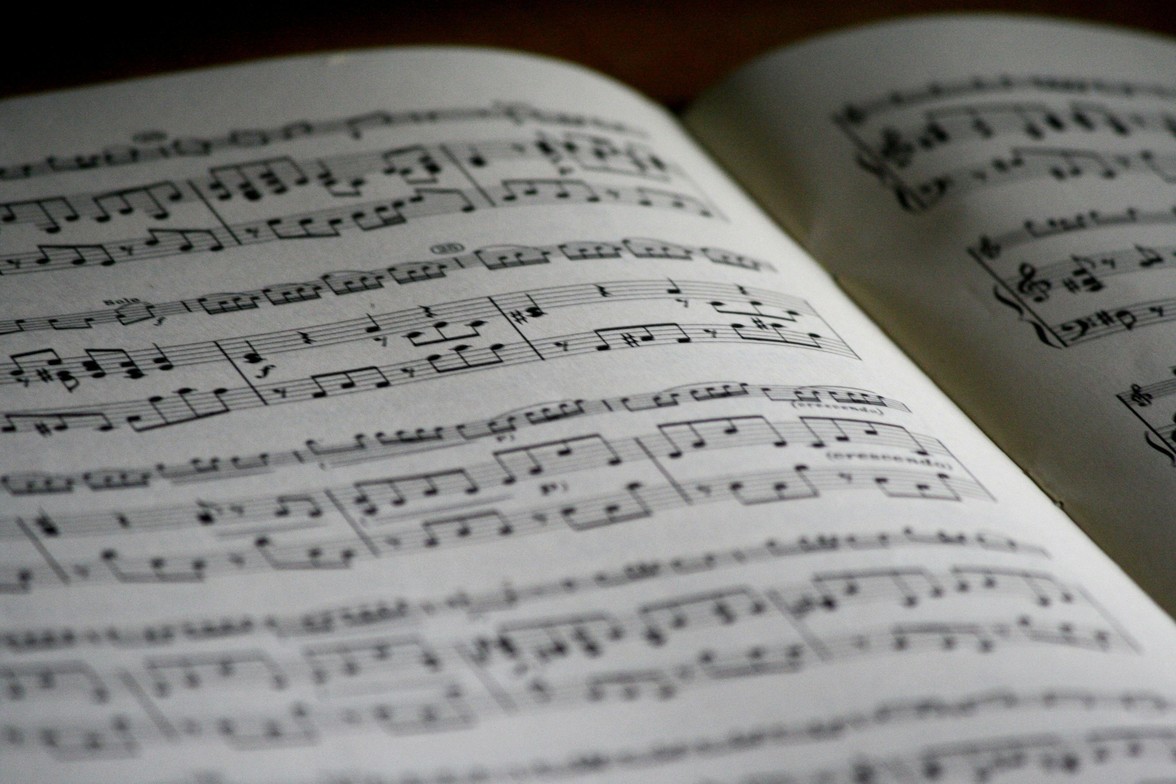
From lullabies that soothe infants to anthems that energize entire stadiums, music is one of the most powerful psychological tools we have. But what is it about music that affects us so deeply? Whether you're aware of it or not, the rhythms, melodies, and lyrics you consume are working on your brain in profound ways.
1. Music and Emotion Regulation
One of music's most potent psychological effects is its ability to influence and regulate emotions. Studies have shown that listening to certain types of music can reduce symptoms of stress depression and anxiety, improve mood and well-being, and foster relaxation. Upbeat songs can boost energy, while slower tempos can decrease heart rate and help calm the nervous system. Playlists customized to emotional needs are increasingly used as therapeutic tools in both clinical and everyday settings.
2. Memory and Music
Ever notice how a song can instantly transport you back to a moment in time? This isn’t just nostalgia—it’s neuroscience. Music activates brain areas linked to autobiographical memory, such as the hippocampus and prefrontal cortex. This is why music therapy is often used with individuals with dementia or Alzheimer’s, helping them access memories otherwise lost.
3. The Social Bonding Power of Music
Music connects us. Group singing, dancing, or even just shared listening strengthens social bonds and fosters empathy. In psychological terms, this is partially due to synchronized rhythms triggering oxytocin release, the "bonding hormone." Whether it’s attending a concert or singing with friends, these shared experiences support mental health by reducing loneliness and enhancing belonging.
4. Music as a Therapeutic Tool
Many therapists use music to help clients express emotions, explore identity, or manage trauma. Known as music therapy, this field is supported by growing research showing its effectiveness in everything from PTSD to developmental disorders. Even outside formal therapy, mindfully using music—through journaling to lyrics or soundtracking your day—can increase self-awareness and healing.
Discover What Your Emotions Are Trying to Tell You
Music has a way of uncovering feelings we didn’t even know we had. If you’ve been feeling overwhelmed, disconnected, or emotionally stuck, therapy can help you tune into what’s really going on beneath the surface.
Let’s work through it together. Book a session when you're ready.





